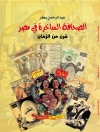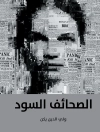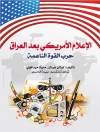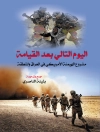How can we study organizations from a discursive perspective? What are the characteristics, strengths and weaknesses of each perspective on organizational discourse? To what extent do discourse and communication constitute the organizational world? This accessible book addresses these questions by showing how classical organizational themes, objects and questions can be illuminated from various discursive perspectives.
Six approaches are presented and explained: semiotics, rhetoric, speech act theory, conversation analysis/ethnomethodology, narrative analysis, and critical discourse analysis. These six perspectives are then mobilized throughout the book to study coordination and organizing, organizational culture and identity, as well as negotiation, decision making and conflicts in the context of meetings.
The unifying thread of this volume is the communicative constitutive approach (CCO) to organizations, as implicitly or explicitly advocated by the great majority of organizational discourse analysts and theorists today. Throughout Organizational Discourse, this theme will help readers distinguish between discursive perspectives and other approaches to organizational life, and to understand how discourse matters in organizations.
Tabla de materias
Acknowledgements
1 What is (organizational) discourse? How is this book organized?
2 Analyzing organizational discourse: Six perspectives
3 Coordination and organizing
4 Organizational culture, identity and ideology
5 Meetings: Negotiation, decision making and conflicts
6 By way of a conclusion
Endnotes
References
Index
Sobre el autor
François Cooren is Professor of Communication at the
University of Montreal












